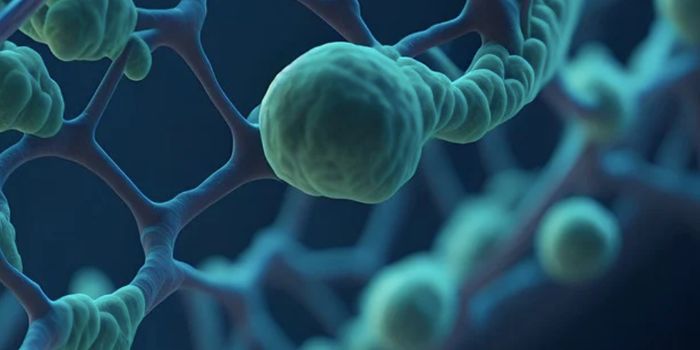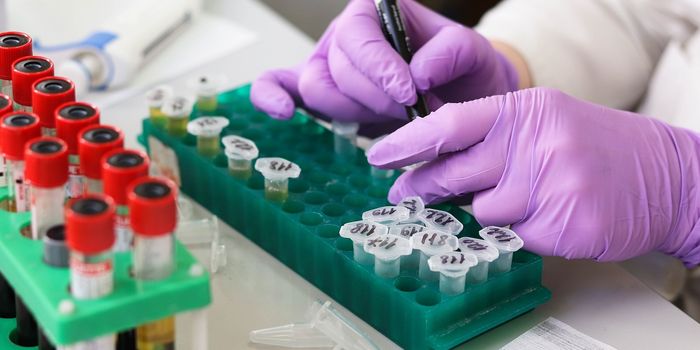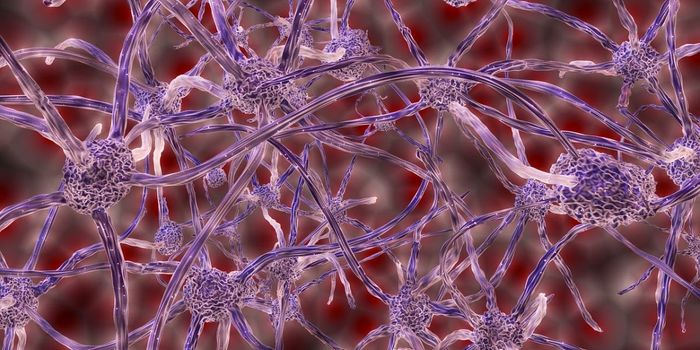Epidural Use Not Linked To Autism
Epidurals are a form of pain relief during childbirth and is used by more than half of all women in labor. Many women who choose to opt out of epidurals may have concerns for links to autism—a developmental disorder affecting 1 in 54 children across the United States. Now, a recent study affirms no association between autism and epidural drugs.
"We did not find evidence for any genuine link between having an epidural and putting your baby at increased risk of autism spectrum disorder," said the study's senior author, Alexander Butwick, MD, associate professor of anesthesiology, perioperative and pain medicine at Stanford.
Findings were published in JAMA Pediatrics and helps reassure physicians as well as pregnant women of the safety profile regarding epidural drug use.
During the duration of epidural administration, an aesthetic is given via a catheter into the epidural space of the spinal cord. Once injected, a woman is relieved from intensive pain associated with labor contractions. They also are given during emergency birth situations often involving surgery—such as a C-section.
Learn more about epidural administration:
"The epidural is the gold standard in labor pain management," said the study's lead author, Elizabeth Wall-Wieler, PhD, assistant professor at the University of Manitoba. "The vast majority of evidence around epidurals, including that from our new study, shows that they are the most effective means of providing pain relief to women during labor and that serious complications are rare."
A study was published in late 2020 describing that epidural use was associated with a 37% greater risk of later autism diagnosis for children. The study brough wide range concerns as well as criticism for failing to account the socioeconomic, genetic and medical risk factors for autism that is separate from the epidural. In contrast, the new study examined epidural use during the childbirth of 123,175 children and later diagnoses of autism in Manitoba, Canada.
"Manitoba has these wonderful, linked data sets that are population-wide," Butwick said, noting that the research team was able to access information that linked together individuals' medical records, prescriptions, other health-related data, socioeconomic information, and information about children's academic achievements. "It's extraordinary information that is super rich," he said.
Source: Science Daily









